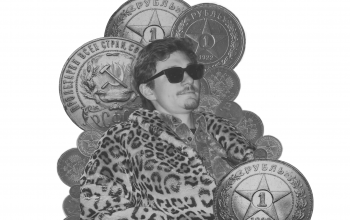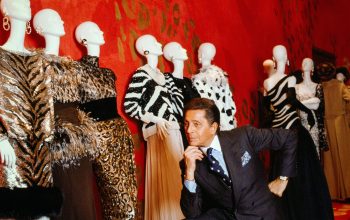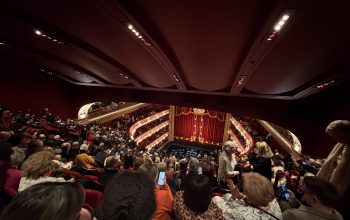The Rum Diary is an adaptation of American journalist Hunter S. Thompson’s only novel. Written in the early 1960s (but not published until 1998), The Rum Diary closely mimics the experiences Thompson had as a young journalist in Puerto Rico.
The story revolves around Paul Kemp (Johnny Depp), a struggling alcoholic and writer from New York who takes a job at a failing newspaper in San Juan, Puerto Rico, in an attempt to find his ‘voice’.
We meet Kemp hung-over (as we should) in a San Juan hotel room, not exactly ready for his first day on the job.
Following arguments with his new editor, Lotterman (Richard Jenkins), over the newspaper’s content and an escalating mini-bar bill, Kemp is forced to move in with two co-workers, photographer Sala (Michael Rispoli) and wandering super-drunk/religious correspondent, Moburg (Giovanni Ribisi).
The movie brings the audience along on their many alcohol and drug-fueled adventures, which lead to run-ins with locals, San Juan police, scamming American businessmen and a beautiful woman named Chenault (Amber Heard).
Chenault is engaged to the movie’s villain, American entrepreneur Sanderson (Aaron Eckhart), but her desire for Kemp (and his for her) and their possible romance is evident from the moment they meet. As luck (read: the plot) would have it, Sanderson’s nefarious need for Kemp’s writing abilities allows for Chenault and Kemp to build a relationship through the course of the film.
Adapting a book into a movie is no easy task. Writer-director Bruce Robinson does his best to cover the variety of themes and plot points that Thompson’s The Rum Diary brings to the fore, but in the end the task is too great. The final product falls into the trap of attempting to cover too much of the original source’s material, resulting in a disappointing lack of depth and a stilted, meandering narrative.
For instance, Robinson manages to devalue the most captivating storyline in the film, the unrequited romantic relationship between Kemp and Chenault, for the sake of a joke. When it seems that their relationship may finally come to fruition the scene is abruptly cut short by a gag concerning Moburg’s possible Fascist tendencies (this makes sense in context). While the scene does generate a few laughs it ultimately leaves the audience unfulfilled and Robinson never atones for the interruption.
A recurring scene in The Rum Diary plays on the fact that Sala and Moburg’s apartment does not have a television, thus they must sit on the balcony and use binoculars to watch the neighbour’s television across the alleyway. This first presents itself for a laugh, then later to help establish setting and character by showing the Nixon-Kennedy US presidential debate.
What it does best, however, is serve as an analogy for how it feels to watch this film. There is no moment that pulls you in, envelops you in the story and makes you care for its characters. Instead you observe from a distance, binoculars in hand, watching characters interact but lacking any sense of connection to them.
The Rum Diary has its enjoyable moments but in the end its failure to engage leaves you unsatisfied.




